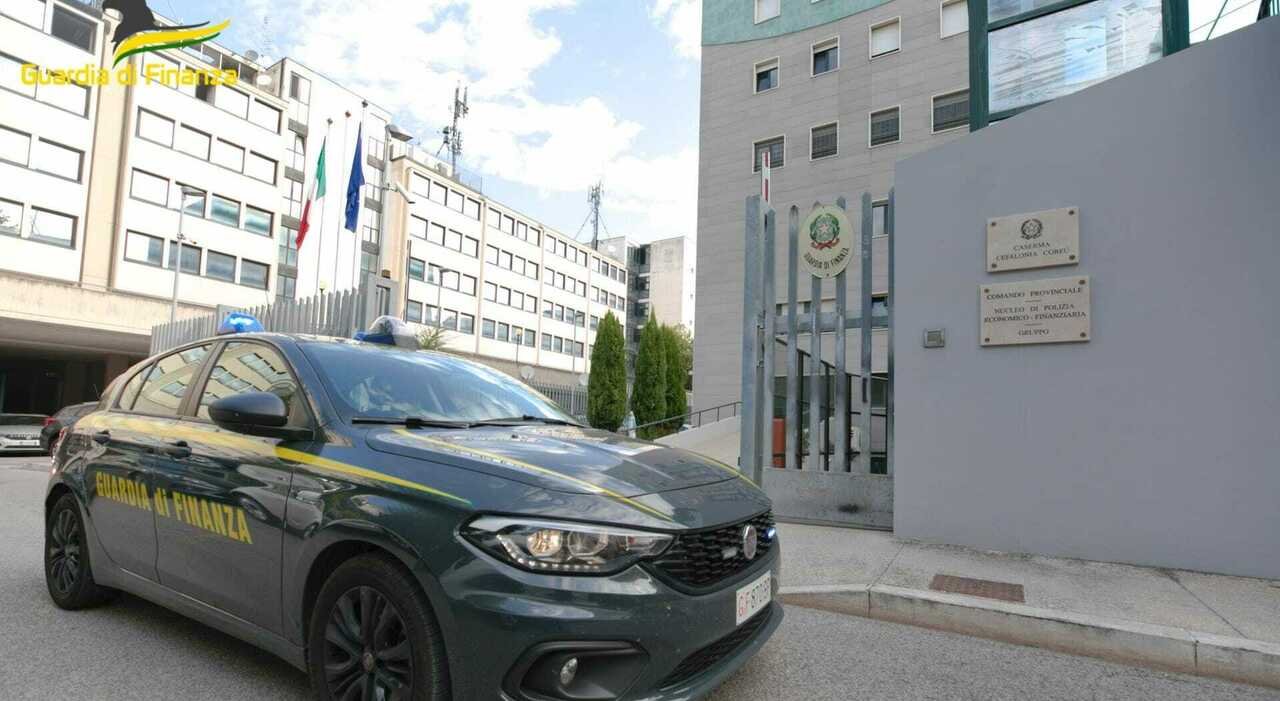Assets worth approximately 12 million euros linked to the entrepreneur Mauro Olivi, 72, from Panicale, have been seized. This is according to a preventive measure ordered by the court of Perugia, which led to the seizure of 63% of the shares of Olivi Spa, 33% of the share capital of Sun Energy, both based in Panicale, as well as three fuel stations between Perugia, Magione, and Deruta, a hospitality structure with a restaurant in Magione, and several lands located between Via Settevalli, Rome, and the province of Rieti. According to the financial police, the assets are ‘attributable’ to the entrepreneur, considered ‘fiscally dangerous’, with a wealth deemed ‘disproportionate to his income capacity’. Judicial documents reveal that ‘the prosecutor highlighted how the precautionary measures, personal and real, adopted against Olivi, as well as the orders to stand trial issued against him in various judicial proceedings, have accounted for his inclination to repeatedly, unscrupulously, and continuously commit crimes in the financial-economic sector, as his involvement in multiple tax fraud cases in the petroleum products trade, committed in association with other individuals, has emerged. A series of crimes that, the act continues, are assumed to have allowed Olivi to accumulate enormous financial resources and, in parallel, for Olivi Spa and other group companies to record exponential asset increases since 2014, not corresponding to the legitimate economic income sources’. According to the Prosecutor’s Office, Olivi allegedly built his wealth by diverting illicit proceeds, between 2014 and 2019, directly to Olivi Spa and, by reflection, to other companies: Sun Energy Srl, Immobiliare Innovation Srl, Oliarc Srl, and Minoltech Srl. The Perugia financial police investigations document how the entrepreneur set up a ‘cost leadership strategy, with the relative cost advantage, which in the commercial field occurs when a company procures from illicit sources and produces products similar or equivalent to those offered by the competition at a lower cost, thus wiping it out and altering the free economic market’. Judges Andrea Ausili, Lidia Brutti, and Simona Di Maria speak of an ‘undue economic advantage, from which the Olivi company benefited due to the illicit conduct of its administrator, presumably even beyond the period of manifestation of the proposed danger’. The seized assets, the magistrates write, are considered ‘acquisitions or asset increases, direct and indirect, from the investment of illicit proceeds that the proposed achieved through the realization, also in an organized form, of fraudulent tax crimes’. But the court specifies: ‘The panel believes that the elements represented do not appear suitable to outline the contours of a pervasive contamination of the enterprise. In particular, they do not allow affirming that the injection of illicit profits, to the extent that it has been possible to identify with sufficient precision concerning the period of manifestation of the danger, constituted a prevailing component of the economic asset growth of the Olivi company’. The seized assets are now under the management of a judicial administrator, tasked with handling the management and possible destination according to the anti-mafia regulations. Olivi is assisted by lawyers Nicola Di Mario and David Brunelli, who contested ‘the existence of the conditions for the application of preventive measures, personal and patrimonial’, as reported in the 56-page provision. Late yesterday afternoon, the lawyers sent a note stating that ‘the provision, not yet final, will be subject to prompt appeal before the Court of Appeal of Perugia. While aware that every legal issue must be addressed before the competent judicial authorities – the defense lawyers explain – we emphasize that, from a complete review of the sentence, the unfoundedness of all the crimes (for some there has already been acquittal and for others, the related merits trials are ongoing) on which the patrimonial prevention measure is based may emerge’.
© ALL RIGHTS RESERVED
This article is automatically translated






